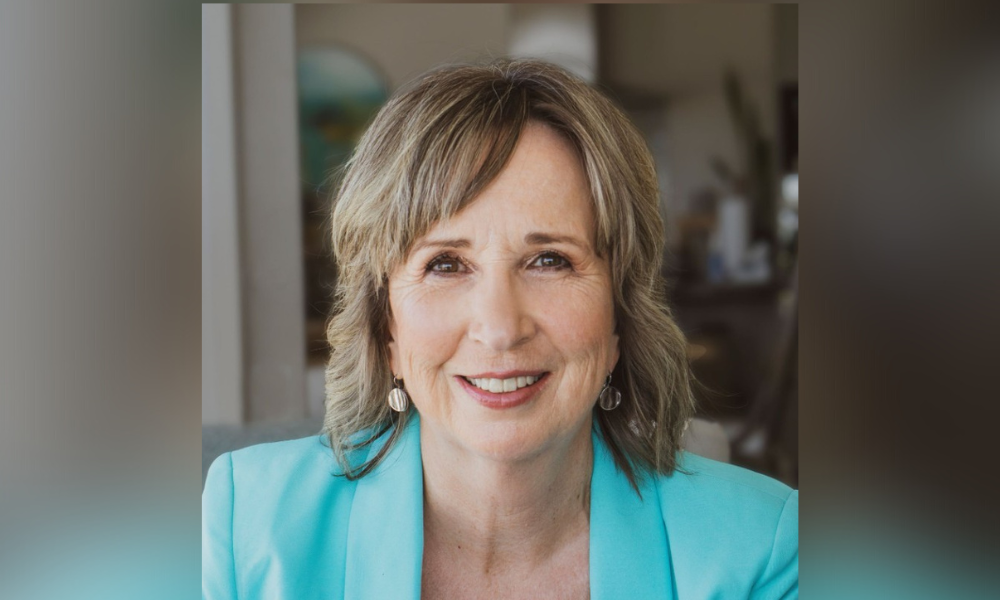Finance coach lists helpful suggestions

As Kiwis continue grappling with the rising cost-of-living and ongoing inflationary pressures, a financial coach is helping people tackle their debt head on in 2023.
Enrich Retirement director Liz Koh (pictured above left) told Stuff.co.nz if people decided they wanted to shake their debt heading into the new year, they might not be sure where to start. Koh has put together some handy tips for those wanting to alleviate debt and get off to a good start when it comes to financial planning.
Work out what it’s costing you
Koh said people should start by making a list of all their debts and knowing all the specific interest rates.
“This can help to guide decisions about which should be the priority to pay off,” Koh said. “It’s worth checking what the actual rate is that you’re paying – sometimes interest-free or low-interest deals have a time limit.”
Stop adding to it
Koh said the next thing to do is to stop adding to your debt.
“Don’t take out any new debts and stop putting unnecessary spending on your credit card if you’re having trouble paying it off,” she said.
Katrina Shanks (pictured above right), chief executive of Financial Advice NZ agreed.
“Stop spending on unnecessary items to obtain some savings which can be used to pay back debt and don’t add to the debt unless it is essential,” Shanks said.
“People could sometimes get some extra money by selling items they no longer need and put that towards debt repayment. Look at where you can obtain savings in your everyday spending, such as cheaper food, bus and walk instead of using the car.”
Allocate any money you can to debt repayment
Koh said Kiwis should work out how much of their income they could afford to set aside to pay off debt.
“That means making a decision about how much you need to live on each payday and setting aside the rest into a savings account from which your debts can be paid off,” Koh said.
“It might be that you also try to save an amount as an emergency fund so that you don’t have to go back into debt if something unexpected happens.”
Koh said there is no avoid debt but there are a few methods people can use when it comes to their debt repayments.
“They could pay off the debts in order, starting with the one that has the highest interest rate and work down to the one that has the lowest interest rate. This means you are minimising the amount of interest you pay, or pay off the debts in order, starting with the smallest and working up to the biggest,” she said.
“This approach means you get some early wins in terms of clearing debts, which is psychologically good, or consolidate your debts into a single debt with one lender and set up a repayment programme that you can afford.”
Start paying it off
Koh said as people began paying off debt, they should at least meet the minimum repayments on everything.
“Some loans would have a penalty charged if they were repaid early, so it is important to check,” she said. “You may be able to save money on credit card debt by taking advantage of balance transfer offers – but make sure you don’t use this as a licence to start loading up your card again.”
In December, ASB Bank reported Kiwis should prepare now for a challenging 2023 as many households would find a recession challenging.
“Regardless of whether we actually dip into a recession or not, the New Zealand economy’s going nowhere for a period of time,” said ASB Bank chief economist Nick Tuffley. “Inflation is proving stubbornly high and we don’t expect it will fall below the Reserve Bank’s 3% target ceiling until mid-2025.”
The Mental Health Foundation has put together a list of ways for advisers to help clients cope with financial stress by launching its All Sorts summer campaign to normalise the emotions many people will feel at this time and help everyone realise that it is OK to seek help.
Mental Health Foundation CEO Shaun Robinson said it continues to be a difficult time (financially and otherwise) for many people but they are not alone.
“No matter what you’re worried about, connecting with a friend and opening up to a loved one or someone you trust can lighten the load significantly,” Robinson said.
“Even when times are tough, it’s important to remember there are all sorts of simple, free, or very inexpensive ways to boost our wellbeing and look after ourselves and our whānau. Let’s shift the focus on what we can do in Aotearoa this summer.”



